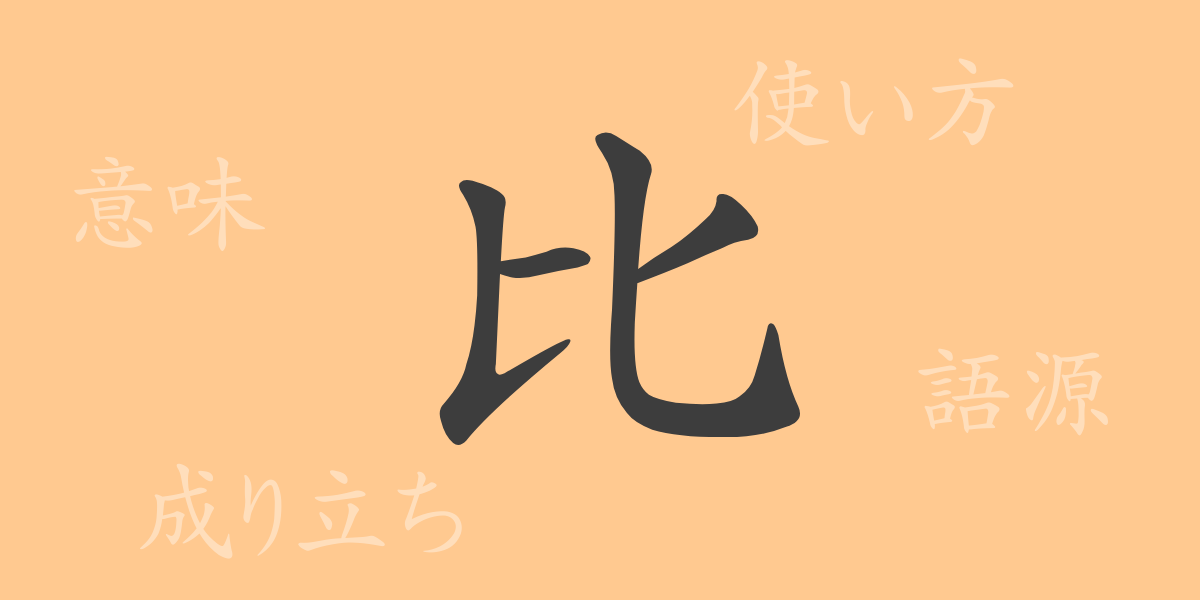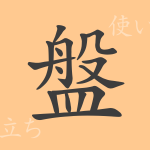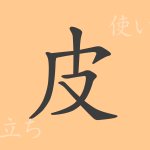“`html
The richness of the Japanese language is reflected in its characters. Each kanji character has a history, and its evolution from formation to the present day tells the depth of the language. The kanji “比” (hi) is one of the frequently used common kanji in daily life. In this article, we delve into the origins, meanings, usage, readings, and compounds of “比” (hi).
Origins of 比 (hi)
The kanji “比” (hi) evolved from an ancient Chinese pictograph representing two people standing side by side. Originally, it depicted the image of people lined up, carrying the connotations of comparison and alignment. Over time, its shape was simplified to the current form of “比” (hi).
Meanings and Usage of 比 (hi)
The kanji “比” (hi) means “to compare” or “to contrast.” It also includes the meanings of “to line up” and “to align,” and is often used when comparing and examining things. As a prefix indicating comparison, it can be used in forms like “superior in comparison” or “inferior in comparison.”
Readings, Stroke Count, and Radical of 比 (hi)
The kanji “比” (hi) holds various information due to its simple structure.
- Readings: In on’yomi, it is read as “ヒ” (hi), and in kun’yomi, it is read as “くら.べる” (kura.beru).
- Stroke Count: It has a total of 4 strokes.
- Radical: The radical is “比” (hi), and it functions as a radical itself.
Compounds, Idioms, and Proverbs Using 比 (hi)
There are many compounds, idioms, and proverbs that include “比” (hi). For example, “比肩する” (hiken.suru) means “to stand shoulder to shoulder,” indicating having equal status or ability. “比較対象外” (hikaku.taishougai) means something so different or superior that it cannot be compared. Additionally, the idiom “雲泥の差” (unden.no.sa) metaphorically expresses a vast difference, like that between clouds and mud.
Summary of 比 (hi)
The kanji “比” (hi) has played a central role in expressing the concept of comparison from its formation to modern usage. From basic information like readings, stroke count, and radical to compounds and proverbs, “比” (hi) is an essential kanji frequently used in Japanese. Through this article, deepen your understanding of “比” (hi) and aim for richer Japanese expression.
“`

























